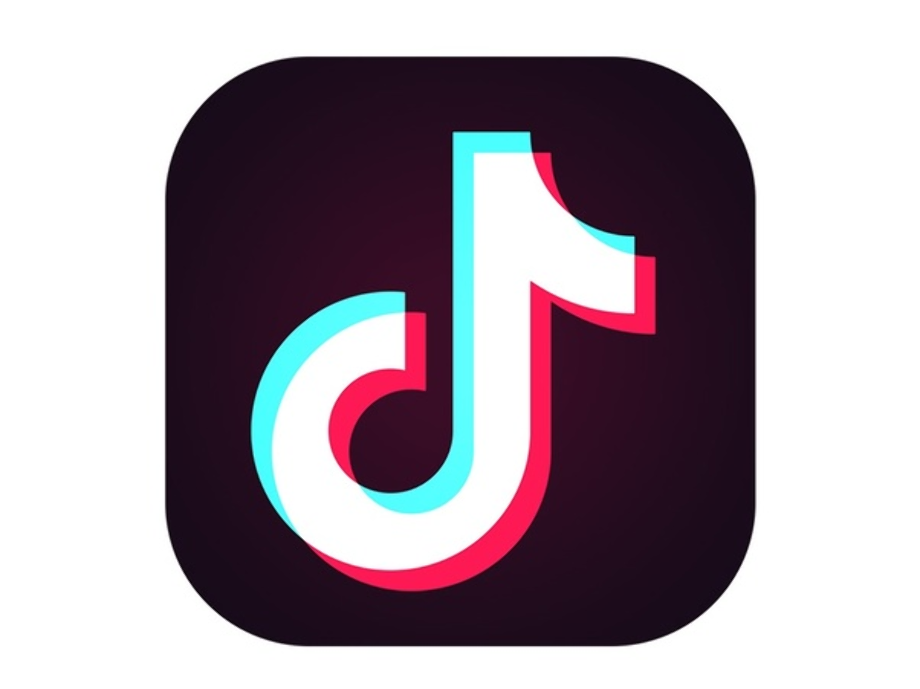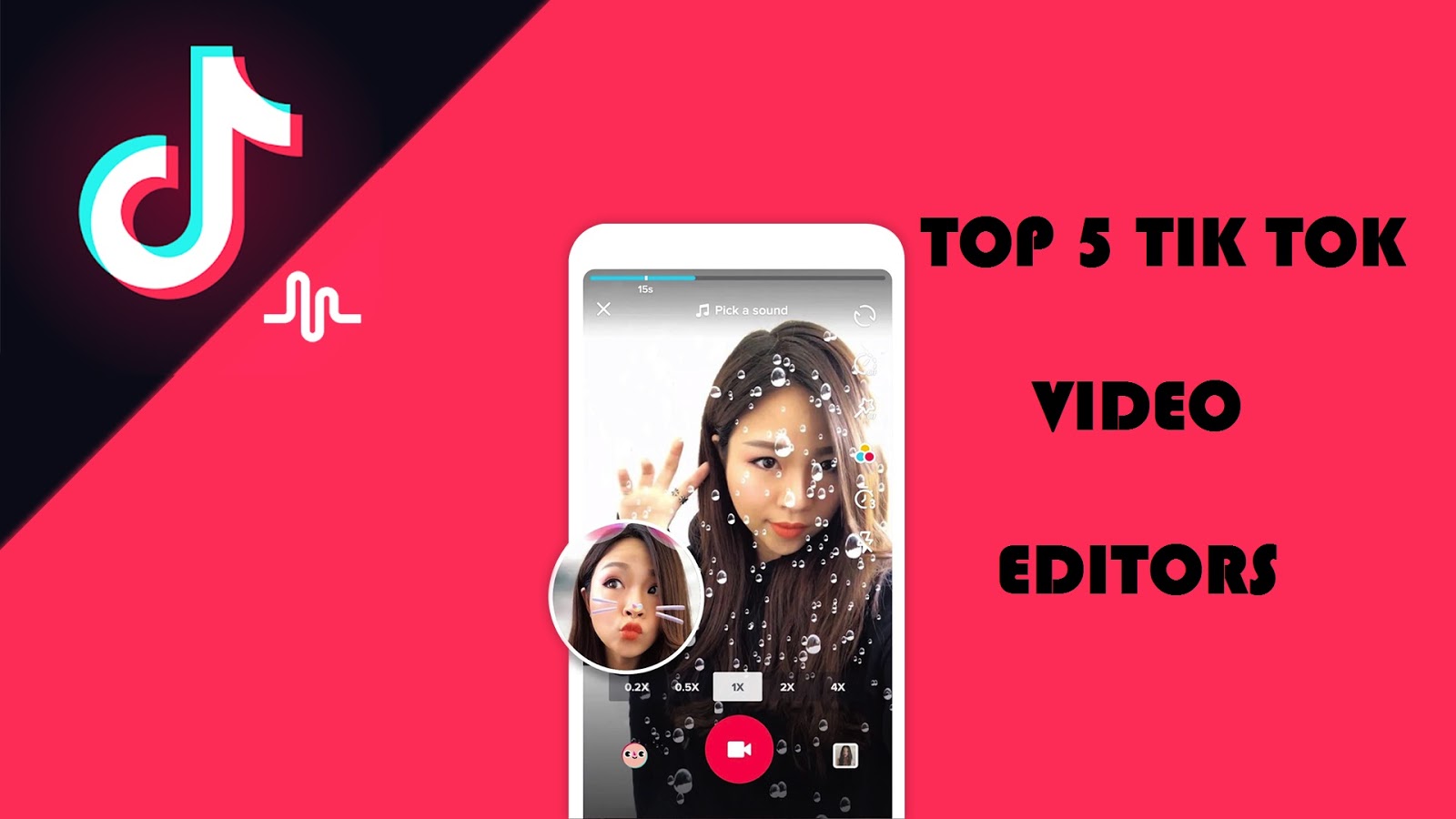


The Chinese government has the resources to assemble information in ways that most of us haven't thought of. The average person may find it hard to believe that the Chinese government would have any interest in their information. As they say, it's far better to be safe than sorry." "Many people don't realize that they, their friends, family, neighbors or associates are likely to have something that the Chinese government wants and that can compromise or damage the United States. Once they have a person of interest, they can use them in different ways to obtain what they want, such as gaining access through nefarious means to an enterprise system where the person works by launching very specific phishing attacks against the person. They have the ability to connect people, so their interest isn't limited to people who actually work at key facilities, but also their friends, and even people who live nearby or in the same building. And they can quickly sort through millions of records to find the persons that are of interest to them.

The Chinese government has a long history of intellectual property theft, so the scope of what they're looking for goes well beyond classified information or disruptive attacks, but extends to industrial espionage to obtain proprietary information. For instance, the Chinese government was accused of a data breach of a Marriott Hotel customer database, allegedly to find out who had been staying there. But manufacturing, high tech, food production, educational institutions, and many other facilities are also of interest. For instance, basic information such as the locations of users of the app can be used by foreign actors to determine whether someone works in a facility that may be of interest, such as a military or other government facility. Critics of TikTok warn that it could be used to collect data on millions of users. Christopher Wray, FBI director, spoke publicly on the issue earlier this month, warning that control of the popular social media app is in the "hands of a government that doesn't share our values."Ĭybersecurity expert Anton Dahbura, executive director of the Johns Hopkins University Information Security Institute, sat down with the Hub to discuss the issue. states have enacted legislation or created rules blocking government computers' access to the app, and a bipartisan bill introduced last week in Congress seeks a ban on the app for all U.S. They point out that TikTok's parent company, the Beijing-based ByteDance, has been accused of working with the Chinese government to censor content and could also collect sensitive data on users. Though users consider the app harmless fun, a growing number of cybersecurity experts and elected officials aren't so sure. More than 86 million Americans use the social media app TikTok to create, share, and view short videos, featuring everything from cute animals and influencer advice to comedy and dance performances.


 0 kommentar(er)
0 kommentar(er)
